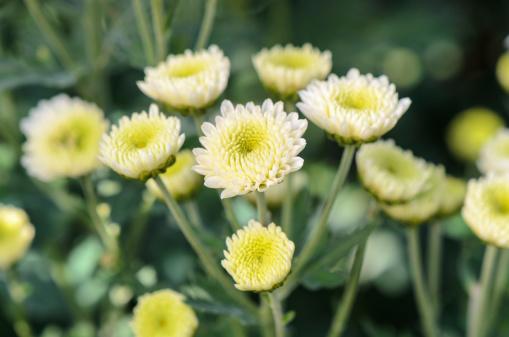You have probably never considered washing your hair with fermented rice water—the milky-colored liquid left over from washing or boiling rice.
This idea may sound strange given that we have a plethora of commercial shampoos formulated to enhance our exact hair type. And to be sure, fermented-rice hair care is not for everyone, but fermented rice water has been the secret to beautiful hair for village women and imperial princesses in the East since ancient times.
The Yao minority ethnic women from Huangluo Village, in Guangxi Province, in southern China, have one striking feature in common—their extraordinarily long hair that stays black until they are around 80 years old.
The Yao women believe that having long hair is an auspicious sign of good health, good fortune, and longevity, and they cut their hair only once, when they are old enough to get married.
With their average hair length of about 6 feet, the Yao ethnic women made it to the Guinness Book of World Records as the “world’s longest hair village.” Part of their secret to having such long hair lies in washing it with fermented rice water.
Ancient Eastern Practice
For centuries, women in China, Japan, and Southeast Asia have used rice water to wash and rinse their hair.
Imperial court women in ancient China and Japan were believed to have adopted this traditional custom to maintain their crowning glory. During the golden age of the Tang Dynasty, Chinese women had beautiful long hair.
To match their exquisite handmade silk garments—known as Han couture—Tang women wore their crowning glory coiled in an elaborate, high bun that was often described with names such as “gazing-gods bun” or the “cloud bun.”
Likewise, in the Heian period, as early as the 9th century, women at the Japanese imperial court used fermented rice water to keep their hair long, healthy, and beautiful. The Heian era marked the peak of Buddhism, Taoism, and other Chinese influences in Japanese history.
Health Benefits
You can use rice water for your face, body, and hair. Washing your face with rice water helps soften the skin and improve your complexion by firming the skin and reducing the size of pores.
Fermented rice water is rice water that has gone slightly sour. It is rich in antioxidants, minerals, vitamin E, and traces of pitera, a substance produced during the fermentation process. These nutrients in the rice water help to heal scars and reduce wrinkles, fine lines, and inflammation, leaving the skin with a healthy glow.
Washing the hair with fermented rice water brings more than just the shine to your hair. It makes hair soft, strong, and healthy.
The Yao women believe that the fermented rice water helps to keep their hair black up past the age of 80. A Japanese study from 2010 on the effects of using rice water for hair showed many benefits, such as decreasing surface friction and improving hair elasticity.
I am not generously endowed with a thick mane of hair and am always interested in natural ways of preventing any hair loss. Since I began washing my hair with the fermented rice water, I notice that my hair feels softer, stronger, and more manageable.
I find that the fermented rice water hair treatment cleans my hair well without drying it out. My hair has gotten used to it, and I found that when I occasionally use a commercial-brand shampoo, my hair is stripped of its natural oils and becomes wispy and almost too fragile to brush. Then I have to use a hair-repairing product to moisturize it.





